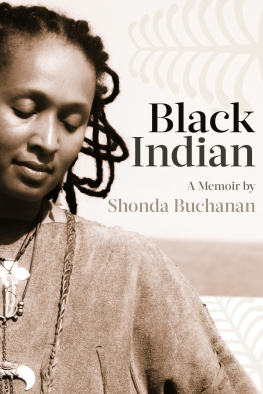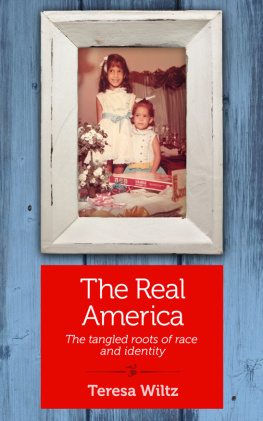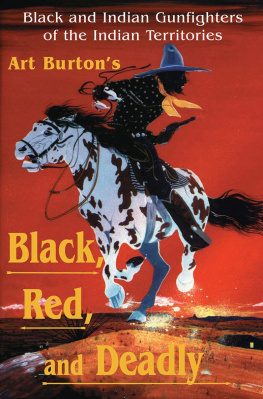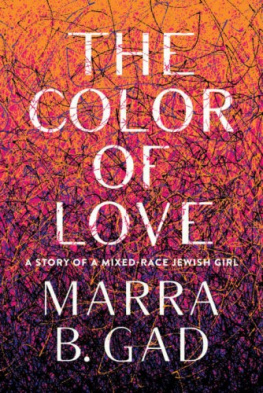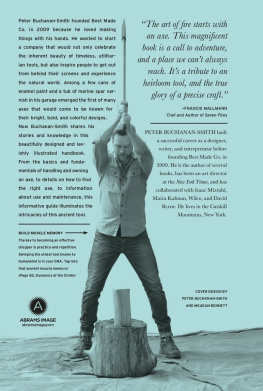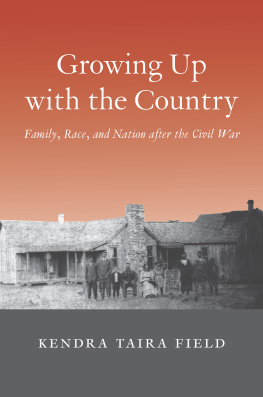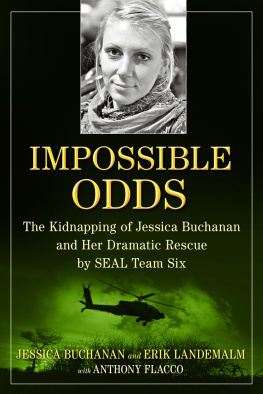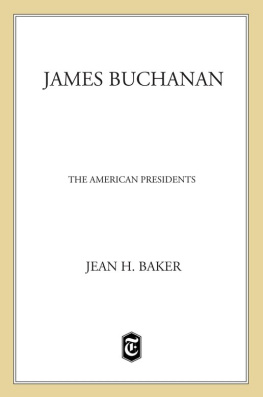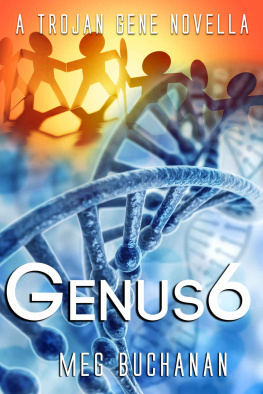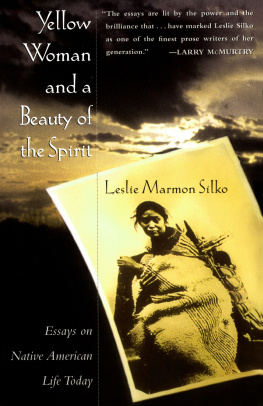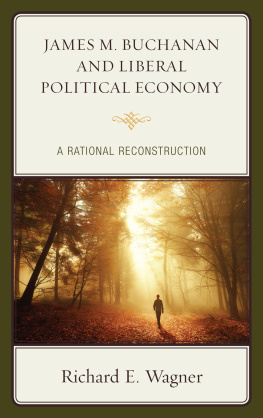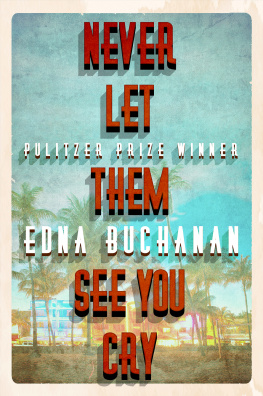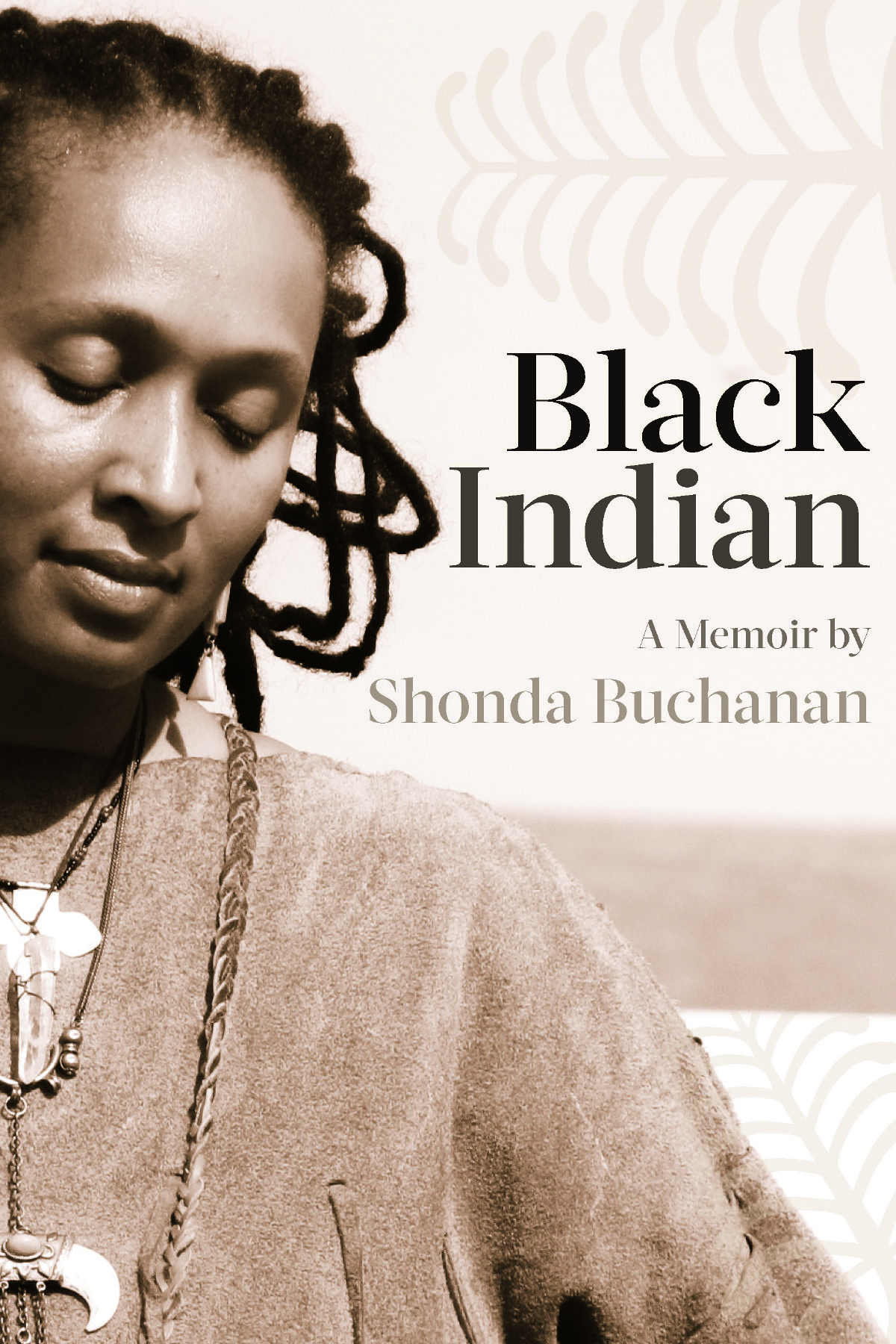
Shonda Buchanan is a mesmerizing writer, one to watch.
Janet Fitch, bestselling author of White Oleander, The Revolution of Marina M., and Chimes of a Lost Cathedral
In this important memoir, Black Indian, Shonda Buchanan explores a hidden tapestry of Americanness, as well as an inheritance of abuse and addiction. The family watcher, Buchanan confronts questions of identity and ancestry, asking every African American to consider the question of who we really are. Indeed, Buchanan circles through a host of issues revolving around the conundrum of growing up with multiple ethnic strands in a society that tries to box you in by race. This book will speak to anyone turning over stones to find lost grandparents and great grandparents, to mothers and daughters and sons and fathers, as well as to those determined to heal cycles of violence in their own families.
Jeffery Renard Allen, author of the novels Song of the Shank and Rails Under My Back
Secrets have a tendency of dancing with silence. Shonda Buchanans journey to discover her roots, to learn her identity, is not another American story, its perhaps the first story. Black Indian acknowledges the past with all its implication of who we are as Americans. Our nation cannot walk a path of denial into the future. When we look into the mirror of history our features, our hair, and the essence of our blood and bone structure will provide us with the evidence and answers weve been waiting for. Shonda Buchanan has the courage to tell her story and the story of her family. Her story is our song. This book is muscle music. It can only make our nation stronger.
E. Ethelbert Miller, literary activist, writer, and host of On the Margin (WPFW 89.3 FM)
A poet and natural storyteller, Shonda Buchanan has crafted a rich memoir that chronicles the legacy of her ancestors, black Indians, or mixed-race peoples in America and throughout the African diaspora. While reading this memoir you witness the marginalization, invisibility, and scars left on the lives of black Indians. You understand the dream as a window into our fears, desires, and suppressed memories, and you are reminded of the complicated and blurred lines of race and ethnicity present in the lives of many people in the Americas. This is a memoir that will leave you thinking about the complex relationship of the black Indian to the peoples of this nation.
Brenda M. Greene, professor and executive director of the Center for Black Literature at Medgar Evers College, CUNY
Too many people dont know the trunk and branches of who they are. In America, this is intertwined with conquest, colonialism, racism, and slavery, as well as class exploitation. Shonda Buchanan personifies the long but hidden story of black Indians. As a Chicano, an indigenous man remade over by layers of genocide and erasure, I can relate to Shondas necessary and at times painful excavating of time, people, and place to illuminate her particular complexity and, in the process, enrich us all.
Luis J. Rodriguez, author of Always Running, La Vida Loca, Gang Days in L.A., and It Calls You Back: An Odyssey Through Love, Addiction, Revolutions & Healing
Shonda Buchanans Black Indian is chock full with side-eyed womens voices singing Michigan history through blood quantum and bloodied fists. This is a midwestern testament with family as tattered, taped-up, and wrinkle-worn as all the sepia photos of proud, forgotten kinfolk found hidden in a nations neglected attic. Witness her down-to-the-buried-bone American story, written with colors of swamp mud, sky, and blended skin by an author besieged and besotted with the gift of dream-vision. Listen tight and youll hear yourself humming along like youve always roamed and known this place, this sweat lodged swung low chariot pulsing through your heart, and still you survived.
Tyehimba Jess, author of Leadbelly and Olio
Black Indian
Black Indian
A Memoir by Shonda Buchanan

Wayne State University Press
Detroit
Made in Michigan Writers Series
General Editors
Michael Delp, Interlochen Center for the Arts
M. L. Liebler, Wayne State University
A complete listing of the books in this series can be found online at wsupress.wayne.edu
2019 by Shonda Buchanan. All rights reserved. No part of this book may be reproduced without formal permission.
ISBN 978-0-8143-4580-1 (paperback)
ISBN 978-0-8143-4581-8 (ebook)
Library of Congress Control Number: 2019938102
Publication of this book was made possible by a generous gift from the Meijer Foundation. This work is supported in part by an award from the Michigan Council for Arts and Cultural Affairs.

Wayne State University Press
Leonard N. Simons Building
4809 Woodward Avenue
Detroit, Michigan 482011309
Visit us online at wsupress.wayne.edu
For Afiya, Mama, Aunt Lily, and Rochelle
For RedBlacks everywhere
Some view our sable race with scornful eye,
Their colour is a diabolic die.
Phillis Wheatley, On Being Brought from Africa to America
The only good Indians I ever saw were dead.
Union Army General Philip Sheridan
She had some horses she loved.
She had some horses she hated.
These were the same horses.
Joy Harjo, She Had Some Horses, She Had Some Horses (W. W. Norton)
Contents
I WAS RAISED a Black woman in America, yet I was also fed stories of my multiracial heritage. This book represents my attempts to find that heritage, as well as to share the experience of growing up in a home and community that cherished these stories while also suffering from the loss of a multiracial identity. We were African American, American Indian, and white, yet unable to officially claim Indian or white status due to societys constraints, including lack of records, patterns of migration, erasure, punishment, and the labels of Colored and Mulatto and Free People of Color neatly in place. Historically, per the one-drop rule, a child with any Negro blood, or who looked Black, legally had to claim Blackness as their identity. My book is an attempt to expand, reclaim, and celebrate the narratives of the African American experiences as well as the American Indian experiences. I have yet to fully research my white ancestry, yet I understand that several of my great-great-great-uncles chose to pass as white rather than admit any blood of color, Black or Indian. I want to make it clear at the outset that this is only one persons and one familys story. By no means is this representative of every or even any other Mixed blood or full-blood Indigenous American who lives on or off the reservation, with or without a tribal enrollment card, even if they do or do not claim their Black or white blood. I introduce social, racial, and cultural issues and explore their implications in relation to my family. This is not a scholarly book. It is a story, and I do not mean to offend anyone with it. I do know for sure that this tale is one of many others on the trail. Theres also a pantheon of scholarly literature, legal documents, and subsequent documentation steeped in the Mixed blood discourse. My companion genealogy guidebook, Let the Blood Tell: Finding Your Black Indian Ancestry, lists a good number of the texts, research facilities, and genealogy sites anyone interested in this topic may consult.
Next page
